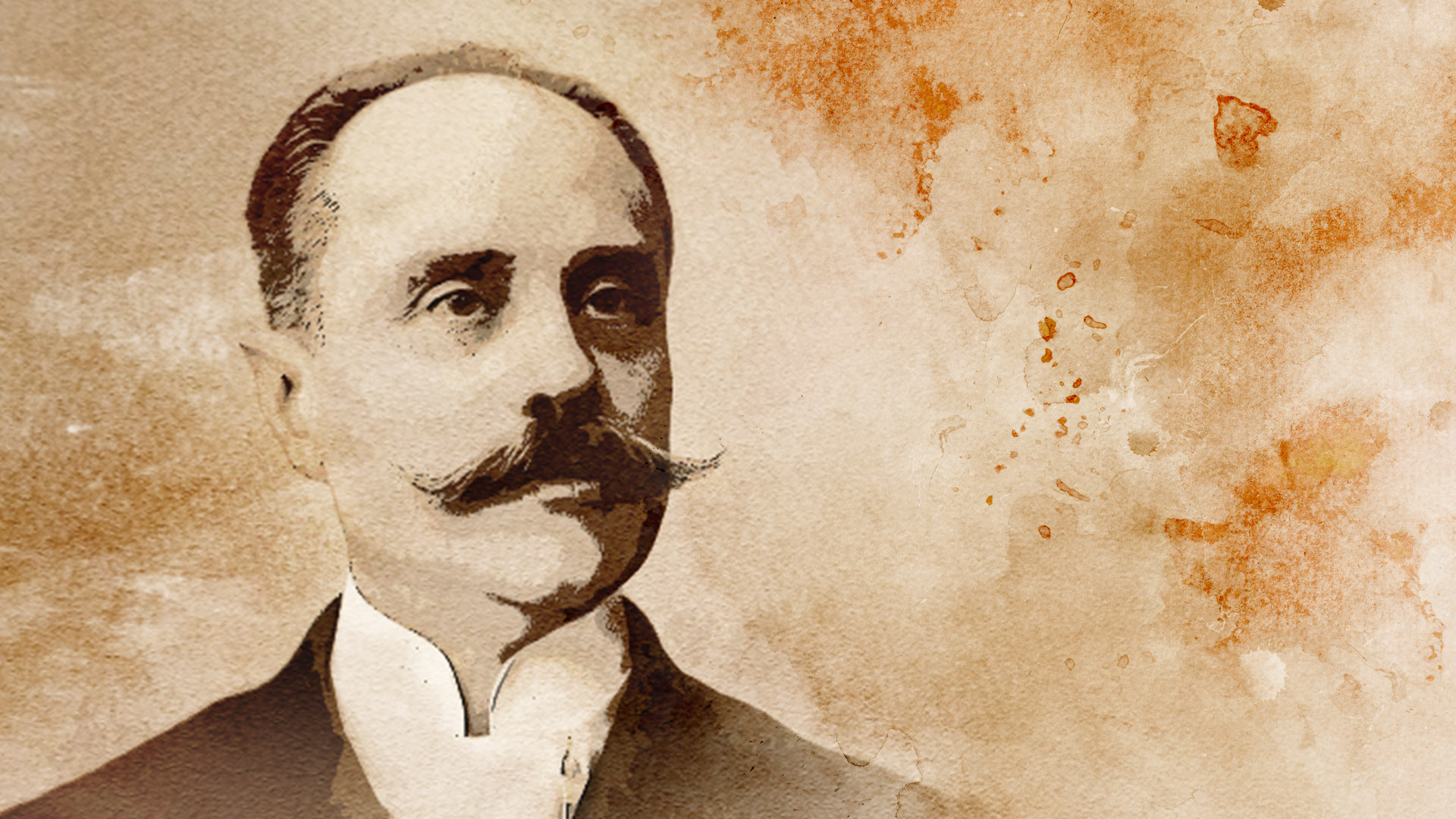A figure of great importance in Azorean and Portuguese political life, Ernesto Hintze Ribeiro was a leading politician of the final phase of the Constitutional Monarchy. Born in Ponta Delgada on 7th November 1949, he graduated in Law from the University of Coimbra in 1872 and practised law in his island until 1877, when he moved to Lisbon.
He joined the Regenerator Party, headed by Fontes Pereira de Melo, and entered politics in 1878, as a Member of Parliament, standing out for his activism in favour of the Azores archipelago. In 1881, he was appointed Minister of Public Works, Commerce and Industry, and presented various projects aimed at creating transport and communication infrastructures and organising the Portuguese forestry services.
In 1883, he was successively appointed Minister of Foreign Affairs and Minister of Finance, a mission in which he restructured the customs system. In 1891, he was appointed Permanent Counsellor of State.
During the Rotativism, a system of alternating government between the regenerative and progressive parties created in 1892 following the crisis brought on by the English ultimatum, Hintze Ribeiro served as Head of Government between 23rd February 1893 and 7th February 1897. He returned to office three years later, for a mandate that lasted more than four years. He held office for the last time between 19th March and 19th May 1906, after many political vicissitudes and quarrels.
A distinguished parliamentarian and a leading figure in the government of Portugal during the final phase of the Constitutional Monarchy, he was responsible for important reforms leading to island autonomy.
Considered the greatest tribune of his time, he was known for his loyalty to the values of the monarchy and for his firm and decisive political action, which was unable to halt the decadence of that regime.
He died in Lisbon on 1st August 1907, at Alto de S. João Cemetery, while attending the funeral of a great friend of his, Count Casal Ribeiro.
Ernesto Hintze Ribeiro
